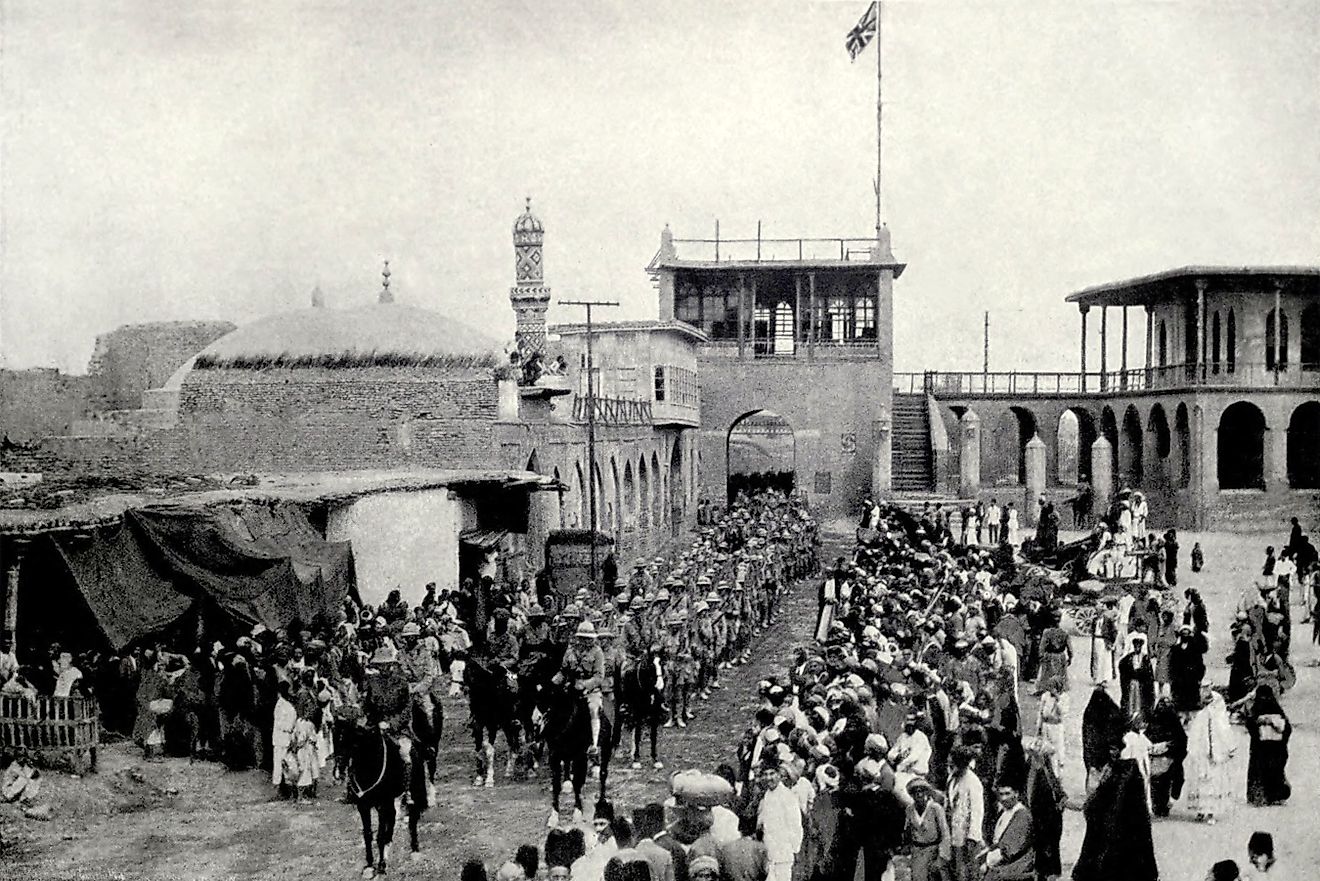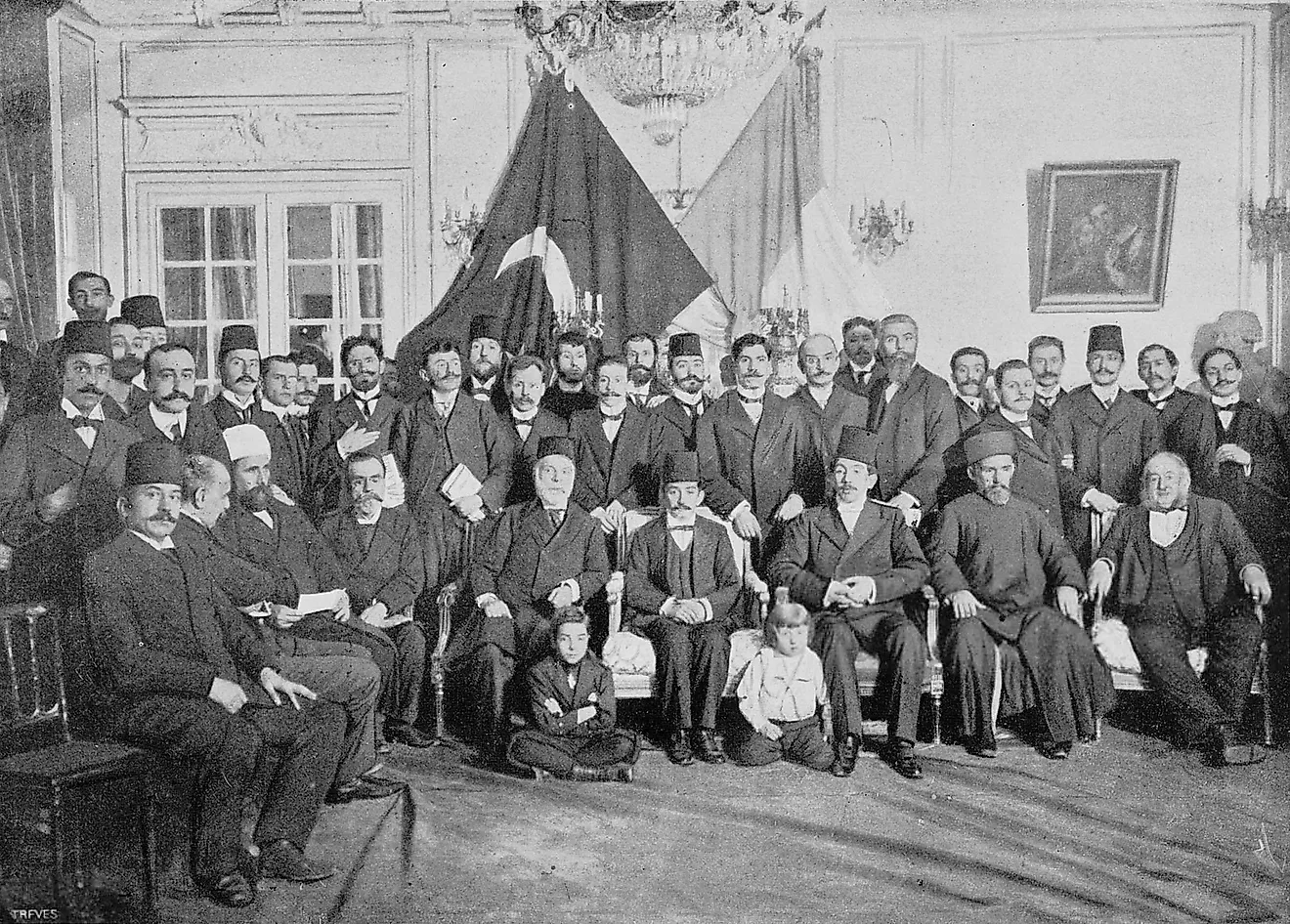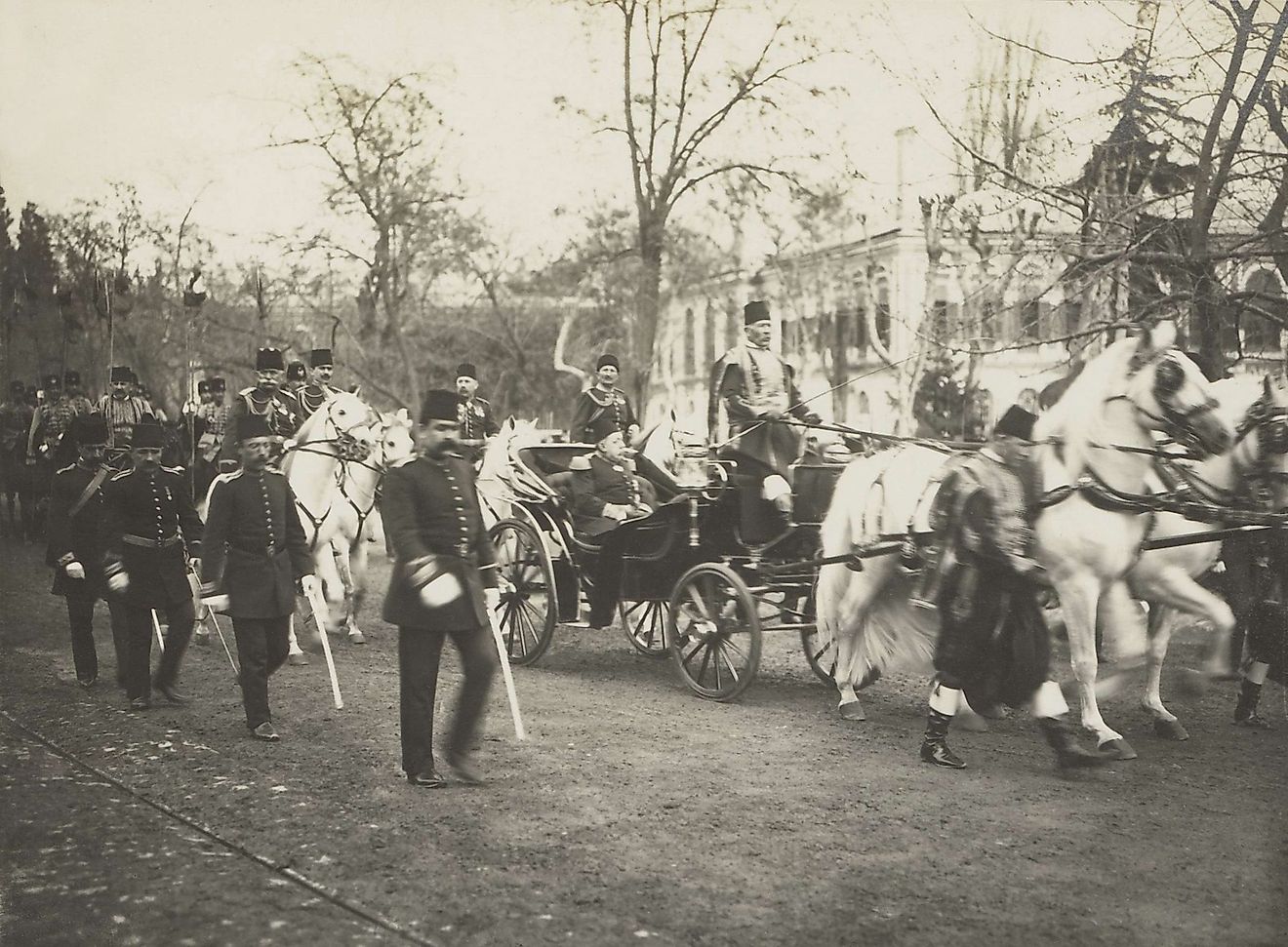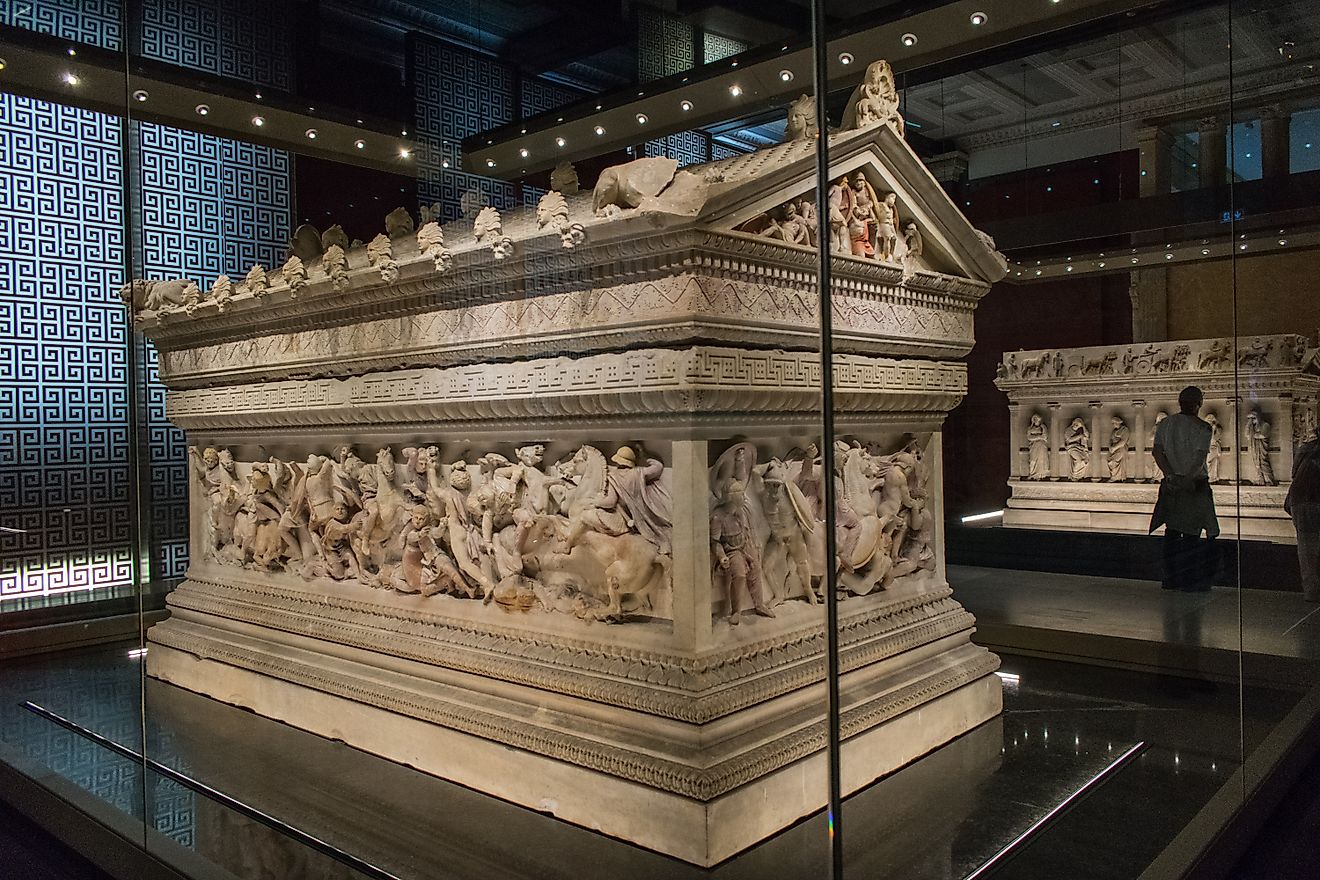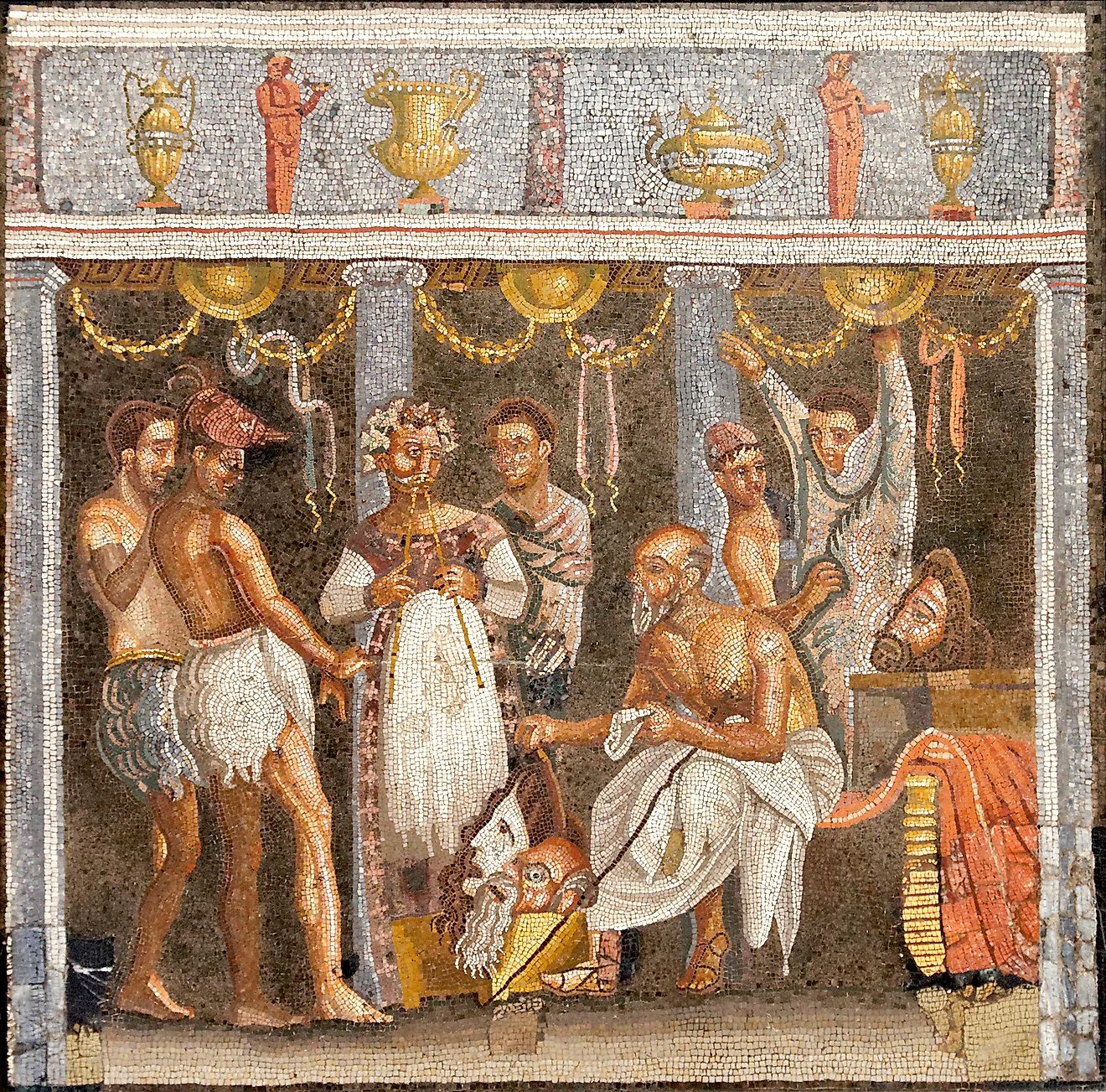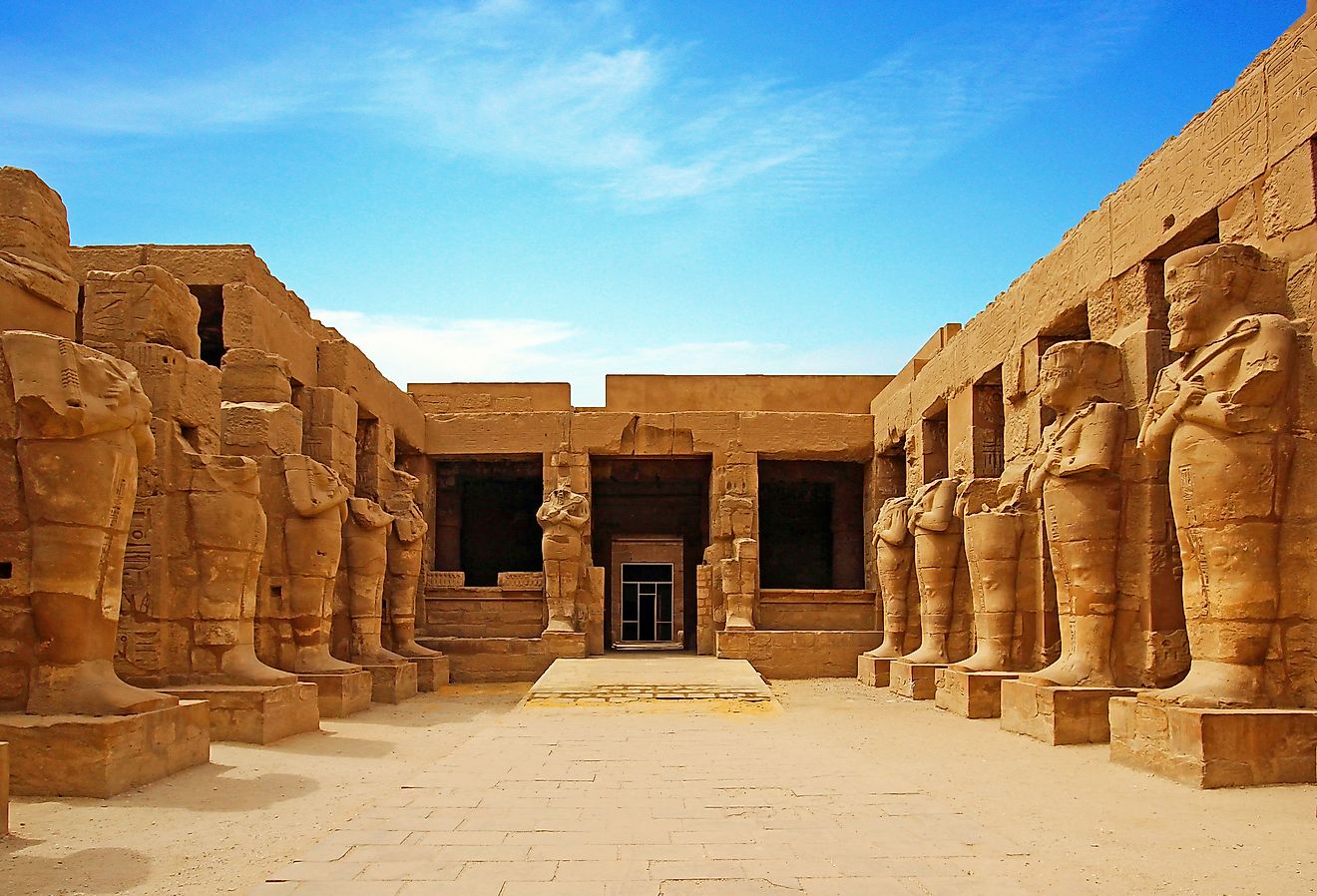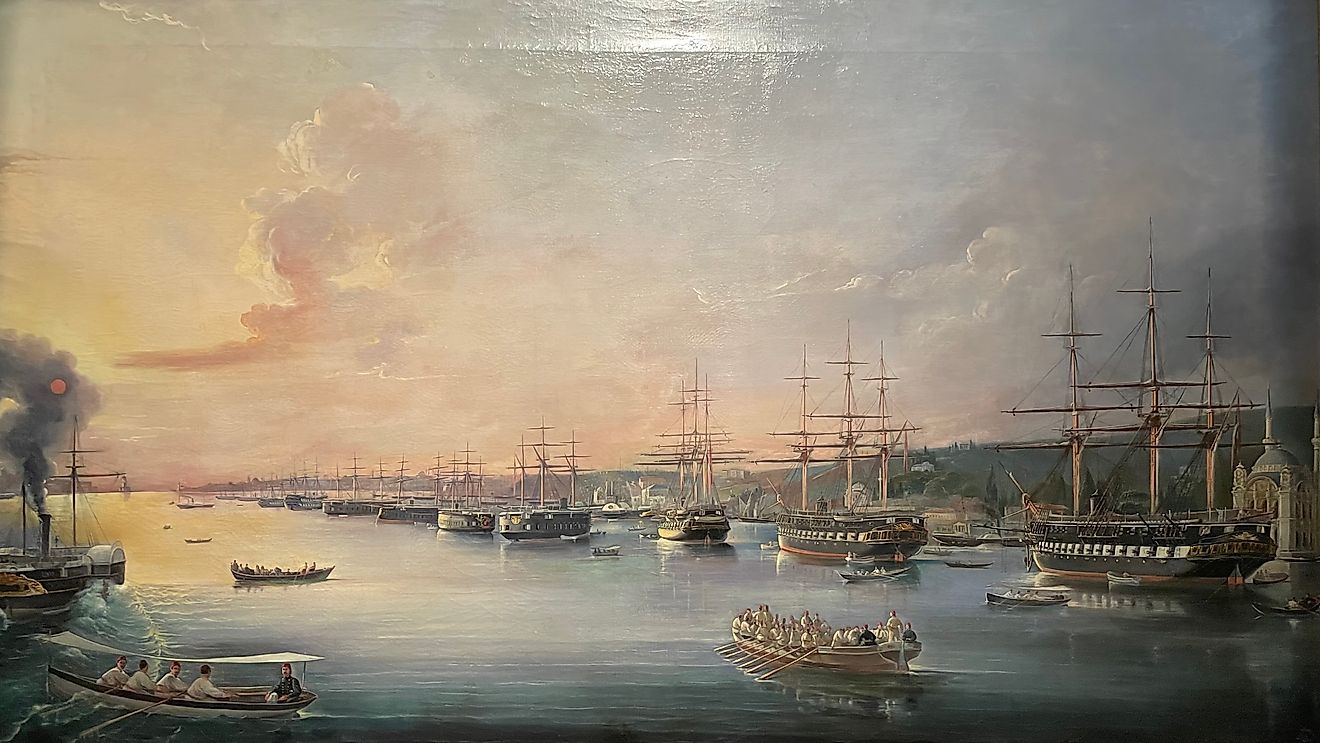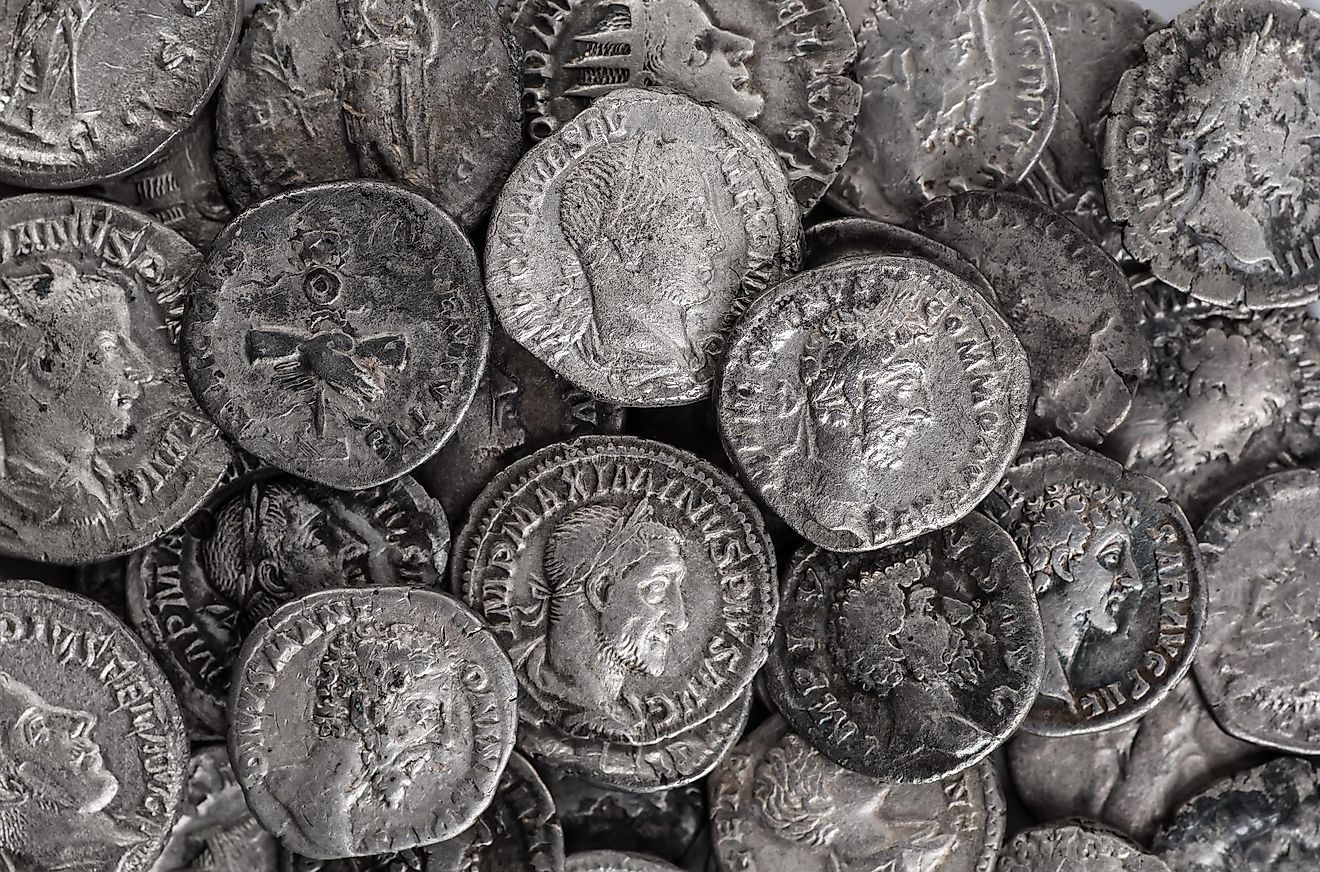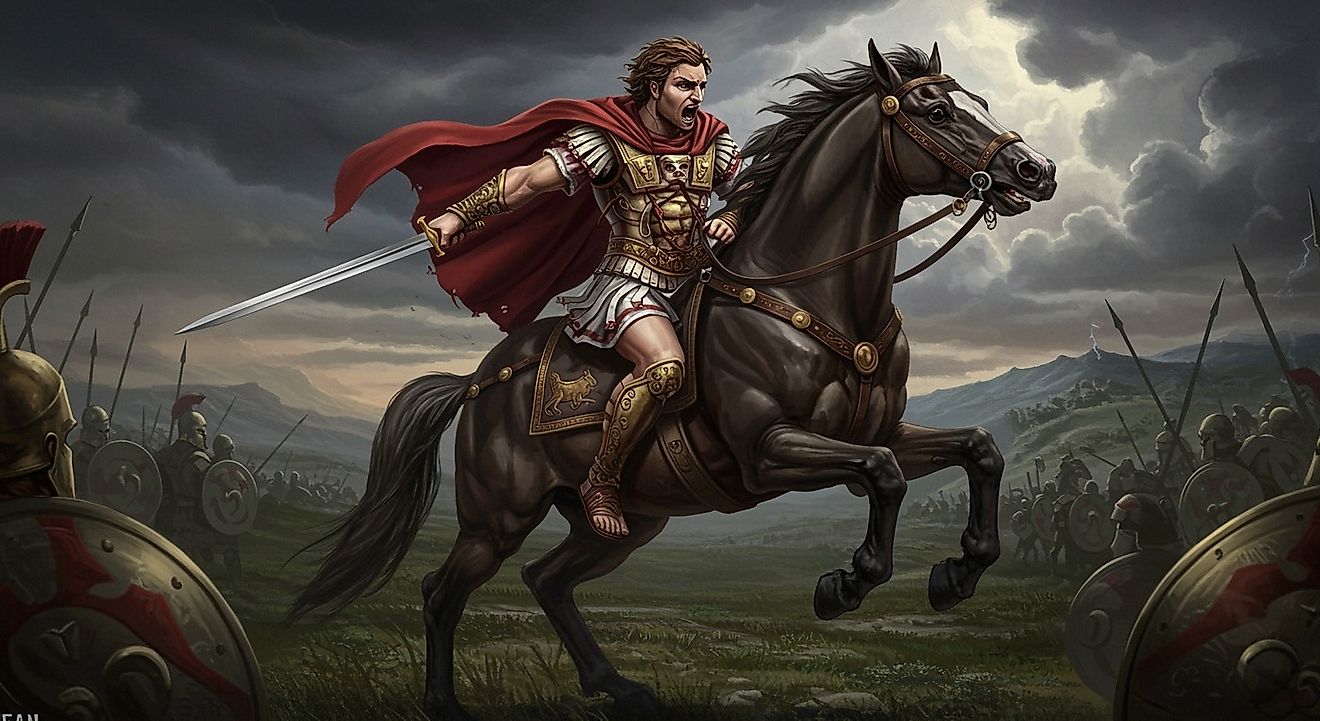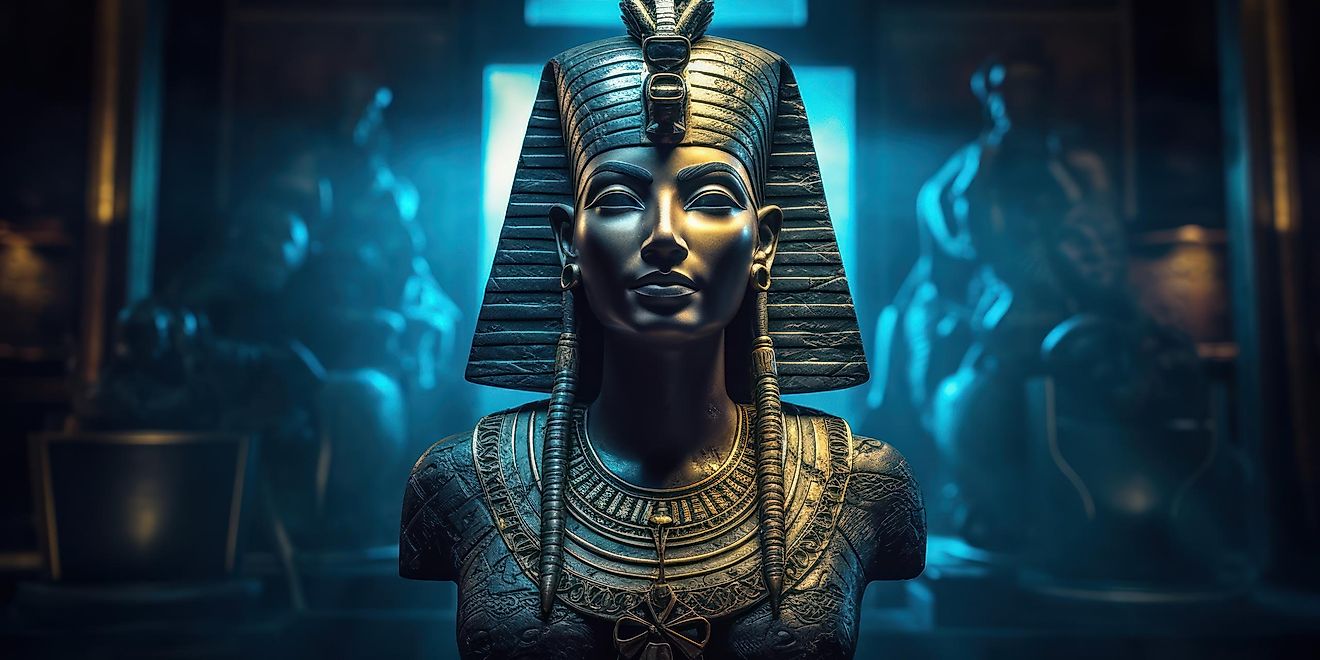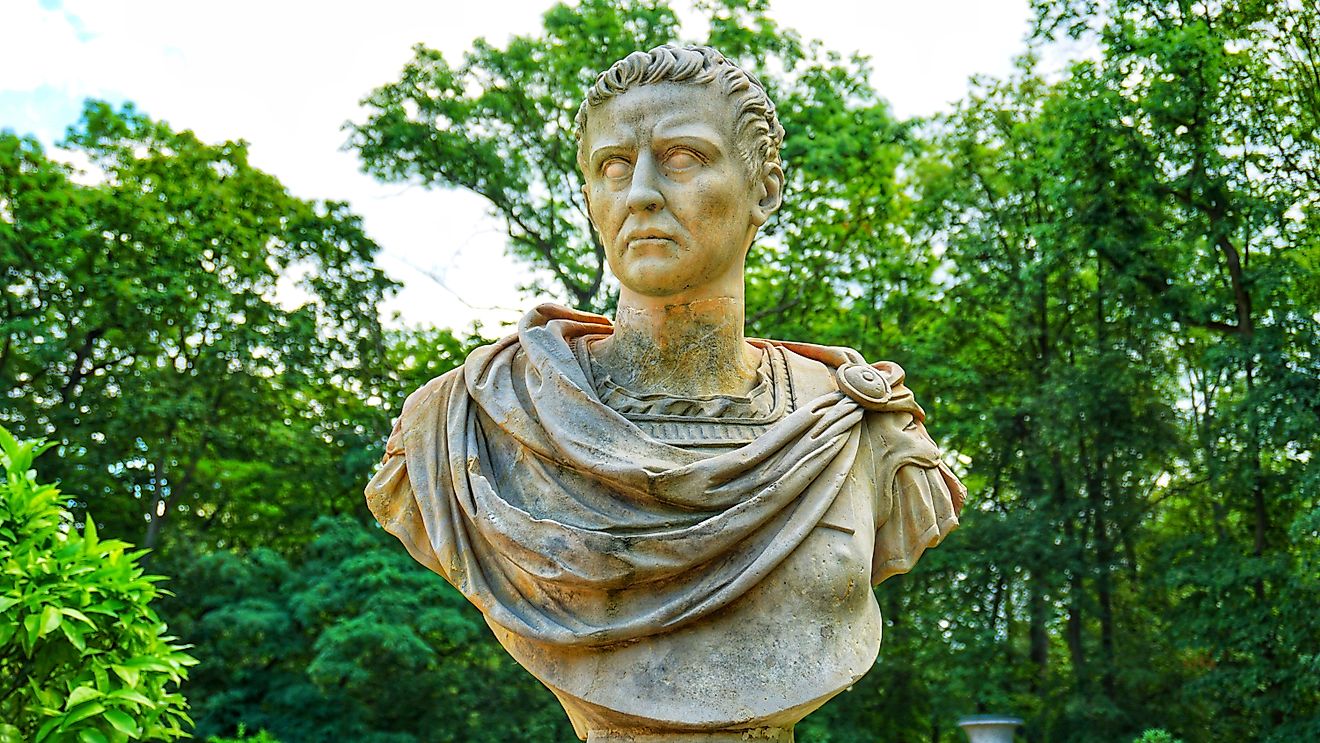
Mansa Musa: The Mali Emperor Who Became the Richest Man in Recorded History
Elon Musk is a well-known entrepreneur and CEO of several companies, including SpaceX and Tesla. He has a net worth of approximately 174 billion dollars, which places him among the wealthiest individuals in the world. However, it is important to note that Mansa Musa, a medieval emperor from West Africa, is considered the wealthiest person in history when accounting for inflation. His net worth has been estimated to be approximately 400 billion dollars in modern currency. Musa is known for his expansive empire and numerous accomplishments during his reign. In this discussion, we will delve into the life and achievements of Mansa Musa.
The Founding of the Mali Empire
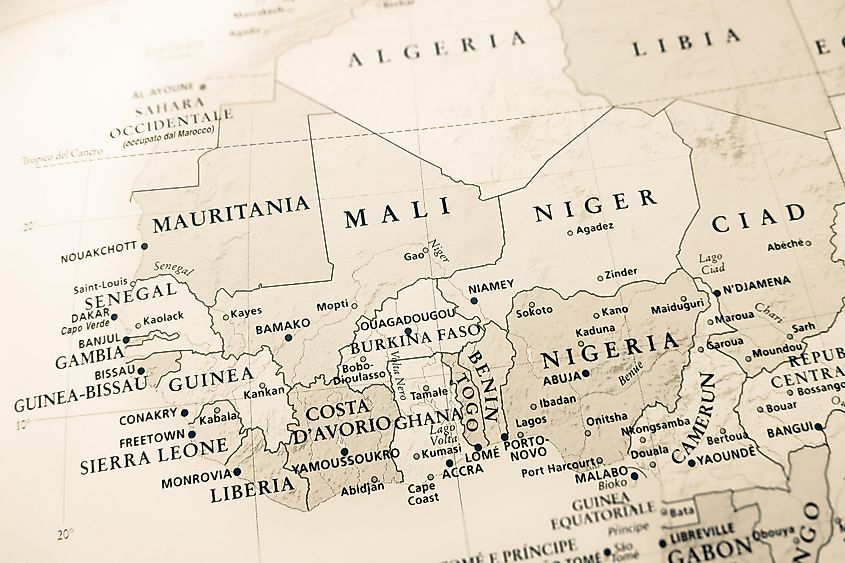
During the reign of Emperor Mansa Musa, the Mali Empire reached its pinnacle of power and prosperity, with Musa being recognized as the wealthiest person to have ever lived. However, Musa was not the original ruler of the Mali Empire—it was actually founded by the legendary warrior Sundiata Keita in the early 13th century. Sundiata is credited with establishing the Mali Empire and expanding its territory through military conquests, promoting trade and economic development, and establishing a strong centralized government. It was under the leadership of Sundiata that the Mali Kingdom began to expand to include other kingdoms. But after Sundiata's death in 1255, the empire struggled for many years under less competent successors. It wasn't until Adu Bakr took the throne in 1285 that the Mali Empire began to regain some of its former glory. According to legend, Adu Bakr accomplished many amazing feats, including traveling to the Americas 200 years before Christopher Columbus. He worked to strengthen the empire's economic and military power and successfully defended against external threats and internal challenges, solidifying his place as a capable and visionary ruler.
The Incredible History of the Mali Empire (1235 A.D. - 1645 A.D.)

The Mali Empire was a mighty and influential West African state that flourished in the 13th and 14th centuries. Located in western Sudan, which is now modern-day Mali, Senegal, and Guinea, the empire was founded by the Malinké people, who were part of the larger Mande ethnic group. At first, the Mali Empire was just a small kingdom centered around the town of Niani. But as time went on, it grew by incorporating other territories through military conquests and becoming a major economic and cultural hub in West Africa. The Mali Empire was bursting with riches, thanks to its abundant gold deposits and its control of important trade routes, including the trans-Saharan trade routes that linked West Africa with the Mediterranean world. Gold was the empire's most valuable resource, and it was in high demand in Europe and other parts of the world. The empire also traded other goods, such as ivory, salt, and slaves, which were also in demand in Europe and the Middle East. The Mali Empire's strategic location along the Niger River also made it easy for the empire to trade and communicate with other regions.
Mansa Musa - The Richest Man in History (1312 A.D, - 1337 A.D.)
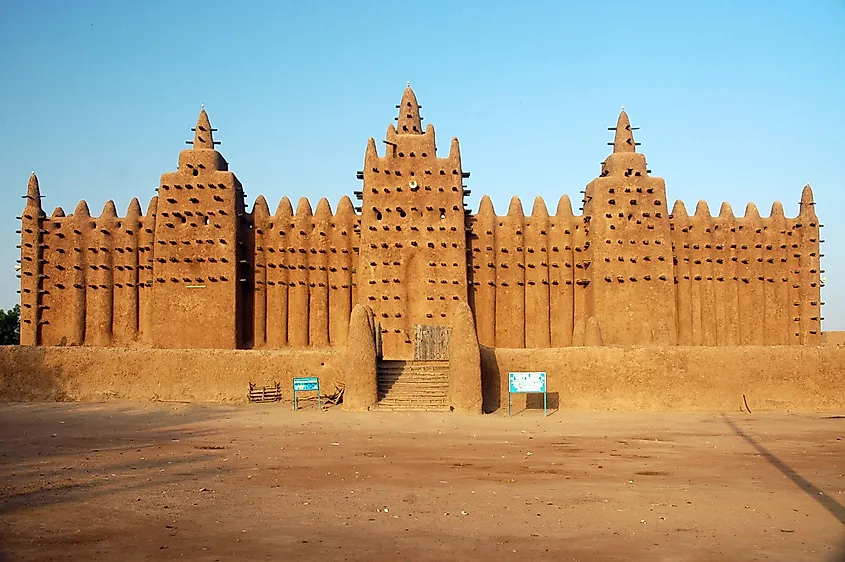
Mansa Musa was a mighty ruler who reigned over the Mali Empire from 1312 to 1337. He quickly established himself as one of the wealthiest men to have ever lived, thanks to his military conquests, which helped to expand the empire's territory and strengthen its power. Musa was also a devout Muslim who worked to spread the religion throughout the empire and supported scholars, artists, and other intellectuals. This helped to make the Mali Empire a cultural and artistic hub.
In addition to his military and cultural endeavors, Musa was also a skilled economic strategist. He invested heavily in the empire's infrastructure, building roads, bridges, and other projects that facilitated trade and communication. He also promoted the cultivation of crops such as millet, rice, and sorghum, which helped to feed the growing population.
Musa's wealth and influence extended far beyond the borders of the Mali Empire. His famous pilgrimage to Mecca in 1324, during which he distributed large amounts of gold to the poor and made generous donations to religious institutions, had a major impact on the economies of the cities he visited. His support for scholars and intellectuals also helped to spread knowledge and ideas throughout the region, contributing to the development of science, mathematics, and other fields of study. All of these factors combined to make the Mali Empire a major economic power in West Africa during Musa's reign.
In Conclusion
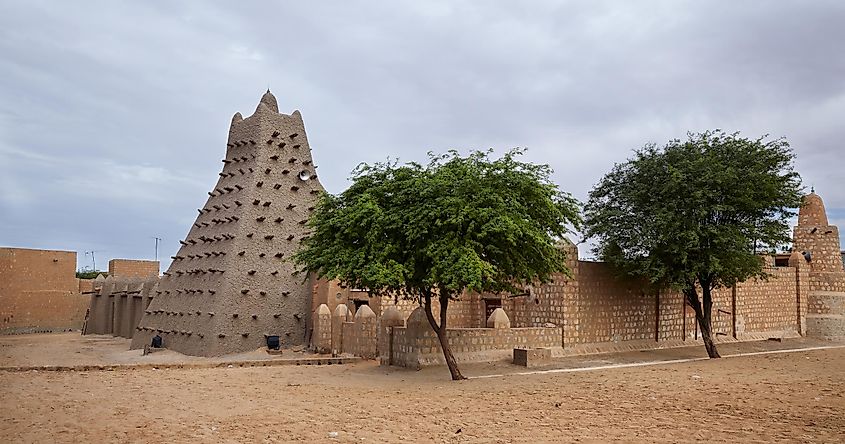
Despite his untimely death in 1337, Mansa Musa's legacy continued to thrive long after the end of his reign. The Mali Empire eventually declined and was conquered by the Songhai Empire in the 16th century, but Musa's impact on the region was not forgotten. He is remembered as one of the wealthiest and most influential rulers in history, thanks to his military conquests, his promotion of Islam, and his support for scholars and intellectuals. These efforts helped to make the Mali Empire a major cultural and economic force in West Africa.
Even today, Musa's legacy is celebrated and studied by historians and scholars. His contributions to the empire and the region continue to be remembered and revered, and he remains an important figure in the history of West Africa.

